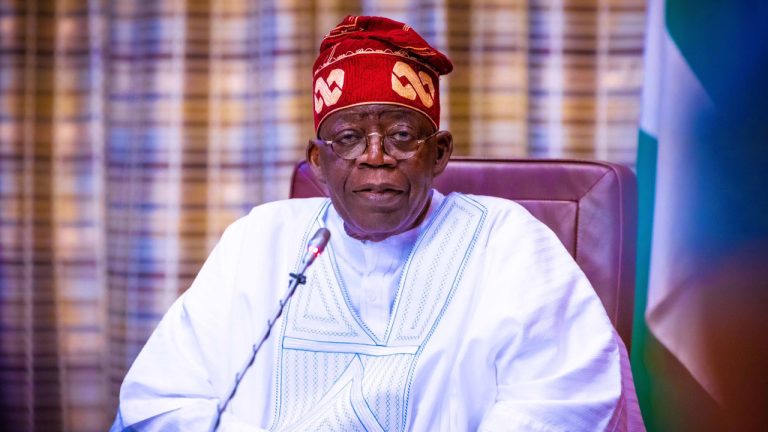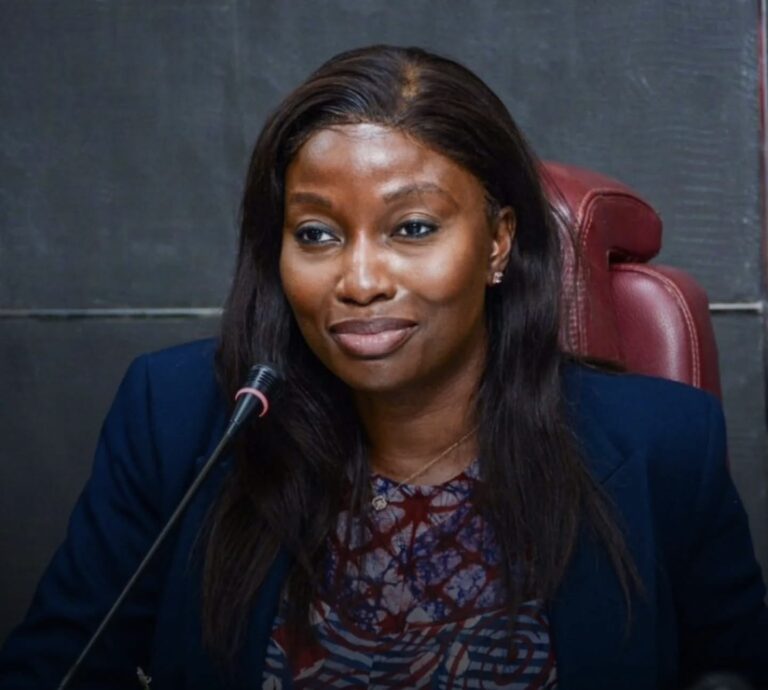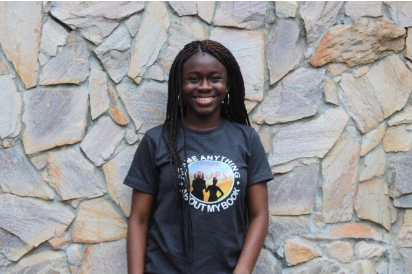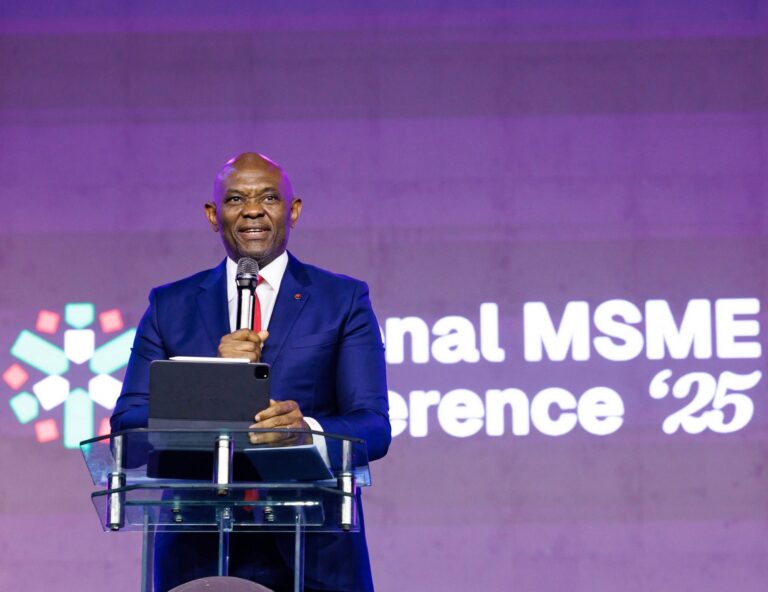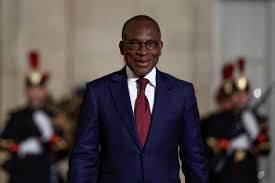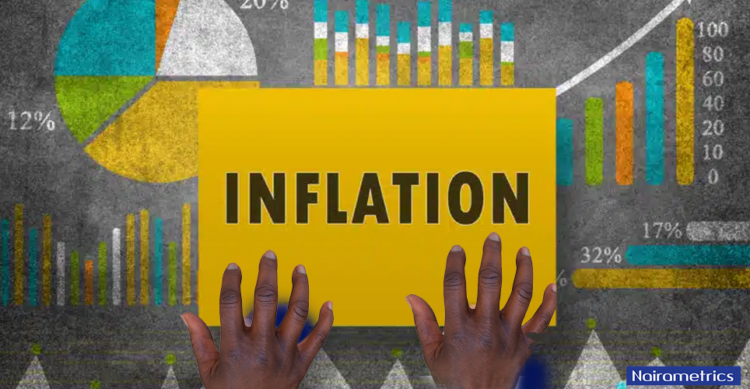Tony Elumelu, Chairman of Heirs Holdings and Founder of the Tony Elumelu Foundation (TEF), says Nigeria’s entrepreneurial potential is undeniable, but long-term national prosperity depends on building businesses that endure, scale, and outlive their founders.
Speaking on Nigeria’s economic future, Elumelu said too many promising ideas fail because entrepreneurs lack supportive systems, governance structures, and an enabling environment. He noted that while Nigerians remain some of the most enterprising people in the world, sustainability — not just start-up energy — must define the country’s next economic chapter.
“Starting businesses is good. But sustaining them is critical,” he said. “Success is not about today; it’s about what remains when you’re gone. Purpose builds legacies — not short-term profit.”
Entrepreneurs, Not Government Handouts, Will Build Nigeria
Elumelu stressed that Nigeria’s transformation will not come from government handouts or foreign aid. Instead, he said, private sector-led growth — driven by entrepreneurs building strong institutions — will be the engine of national renewal.
“Government has an important role, but Nigeria will be built by entrepreneurs creating jobs, hope, and prosperity from the ground up,” he said. “But they need frameworks: governance, succession planning, and a relentless focus on value.”
TEF’s Model: Training Before Capital
Outlining the philosophy behind the Tony Elumelu Foundation entrepreneurship programme, Elumelu said the USD5,000 seed capital given to each beneficiary is only one part of the intervention. The bigger lever, he emphasized, is the mandatory 12-week business management training offered to African entrepreneurs.
“We do this to enlarge our private sector. The private sector is the engine of Nigeria’s renewal,” he said. “That’s Africapitalism — using business to build Africa while doing well and doing good.”
So far, TEF has funded over 24,000 Africans, including 9,229 Nigerians, with mentorship, capital, and business development support, enabling them not just to launch, but to scale, export, and create jobs.
Infrastructure, Predictability, and Access to Finance Still Major Gaps
Elumelu called for a Nigeria where economic policies are predictable, infrastructure is reliable, and financing is genuinely accessible to entrepreneurs at all stages of growth.
He noted that these elements are essential if Nigeria is to unleash the full potential of its young, ambitious population — many of whom are already running global operations from their smartphones.
Commendations to Government and SMEDAN
Elumelu acknowledged ongoing government reforms, commending President Bola Ahmed Tinubu for placing young Nigerians in strategic agencies and supporting youth entrepreneurship initiatives.
He also praised SMEDAN’s Director-General, Charles Odii, for reforms aimed at strengthening the MSME ecosystem.
“Our work — government, private sector, institutions — must be connected, not siloed,” he said. “Let us cut bureaucracy and make opportunities real, not theoretical.”
Digital Infrastructure and Power Now National Priorities
Elumelu warned that Nigeria risks being left behind in the AI-driven global economy unless it rapidly improves electricity, digital access, and technology infrastructure.
He referenced his remarks at the recent IMF meetings in Washington, where he underscored the need for African inclusion in emerging technologies.
“Without power and digital infrastructure, Africa will be left behind again,” he said. “We need to act now — for Nigeria, for Africa.”
From Start-Ups to Scale-Ups: A National Call to Action
In a message directed at entrepreneurs, policymakers, and business leaders, Elumelu said Nigeria must move from survival-mode entrepreneurship to institution-building.
“Our entrepreneurs are tough and resilient — but hardship shouldn’t be our default strategy,” he said. “Resilience must lead to innovation, not just survival.”
He challenged Nigerian entrepreneurs to think boldly:
- Don’t just start — scale.
- Don’t just build for profit — build for purpose.
- Don’t think of today — think generations.
He concluded that Nigeria’s long-term success requires turning “hustle into history” and building enterprises that create jobs, expand the tax base, and power inclusive prosperity.
“That’s how we build a Nigeria that works for all,” he said.






